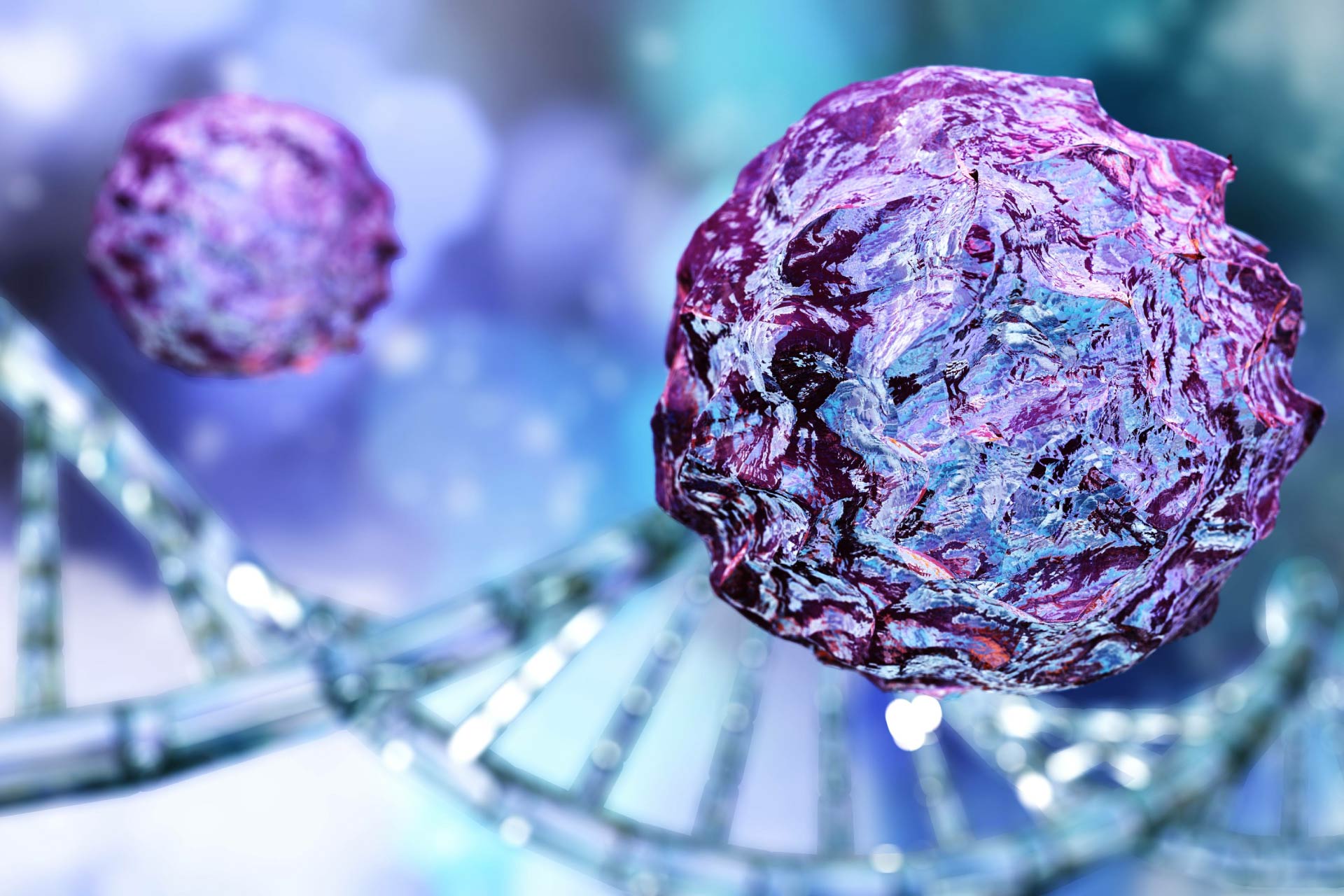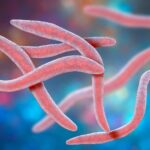• Sweeping out cells
• A complicated relationship
What is already known about this topic
The gut microbiota is often referred to as the “forgotten organ” for the many important functions it performs in the body—from processing nutrients to protecting against pathogens to influencing the immune system. For example, premature babies have a distinct microbiota compositions and distinct developmental trajectories of particular immune cells. In adults, the success of cancer therapies that rely on immune-cell function has been linked with gut-dwelling bacteria. But how gut microbes shape the makeup of the human immune system remains unclear.What this research adds
Researchers analyzed blood and stool samples from more than 2,000 people who received allogeneic stem cell and bone marrow transplants (BMTs), during which the recipient’s blood-forming system is replaced with stem cells from a donor. The team found that the concentration of specific types of immune cells in the blood changed in relation to the presence of different bacterial strains in the gut of BMTs recipients.Conclusion
The findings could open the door towards new approaches to improve BMTs as well as treatments for immune-mediated diseases by regulating the gut microbiota.
The gut microbiota is often referred to as the “forgotten organ” for the many important functions it performs in the body—from processing nutrients to protecting against pathogens to influencing the immune system. Now, for the first time, a study suggests that gut microbes can help rebuild the human immune system.
The findings, published in Nature, could lead to new treatments for immune-related conditions.
“The scientific community had already accepted the idea that the gut microbiota was important for the health of the human immune system, but the data they used to make that assumption came from animal studies,” says study co-senior author Joao Xavier at Memorial Sloan Kettering.
Scientists have also known that premature babies have a distinct microbiota compositions and distinct developmental trajectories of particular immune cells. In adults, the success of cancer therapies that rely on immune-cell function has been linked with gut-dwelling bacteria. But how gut microbes shape the makeup of the human immune system remains unclear.
To assess the role of gut microbes on the human immune system, Xavier and his colleagues set out to analyze blood and stool samples from more than 2,000 people who received allogeneic stem cell and bone marrow transplants (BMTs), which is used as a treatment for some types of blood cancers.
Sweeping out cells
Before receiving BMTs, blood cancer patients undergo strong chemotherapy or radiation therapy, which destroy cancerous blood cells but also healthy blood cells—including the white blood cells that make up the immune system. After completing chemotherapy or radiation therapy, patients receive stem cells from a donor’s blood or bone marrow, which restore the recipients’ ability to make their own blood cells.
However, until the donated cells have established themselves inside the recipient’s body, patients are vulnerable to infections, so they have to take antibiotics for a few weeks after the transplant. Antibiotics change the patients’ gut microbiota composition, killing the commensal flora and allowing potentially dangerous microbes to grow. When the patient’s immune system has reconstituted, they can stop taking the antibiotics, which allows their gut microbiota to recover.
“The parallel recoveries of the immune system and the microbiota, both of which are damaged and then restored, gives us a unique opportunity to analyze the associations between these two systems,” says study co-senior author Jonas Schluter.
A complicated relationship
By tracking the daily changes in the BMT recipients’ gut microbiota and the number of immune cells in their blood, the researchers could study the dynamics of the relationship between the individuals’ immune system and their gut bacteria.
Higher abundances of Faecalibacterium, Ruminococcus, and Akkermansia were associated with increased rates of specific white blood cells called neutrophils, whereas bacteria such as Rothia were associated with reduced neutrophil rates. Several bacteria that are positively associated with white blood cells rates are known to produce molecules that modulate immune responses.
“The purpose of this study was not to say whether certain kinds of microbes are ‘good’ or ‘bad’ for the immune system,” Xavier says. “It’s a complicated relationship. The subtypes of immune cells we would want to increase or decrease vary from day to day, depending on what else is going on in the body. What’s important is that now we have a way to study this complex ecosystem.”
The findings suggest new approaches to improve BMTs as well as treatments for immune-mediated diseases by regulating the gut microbiota, the researchers say.











